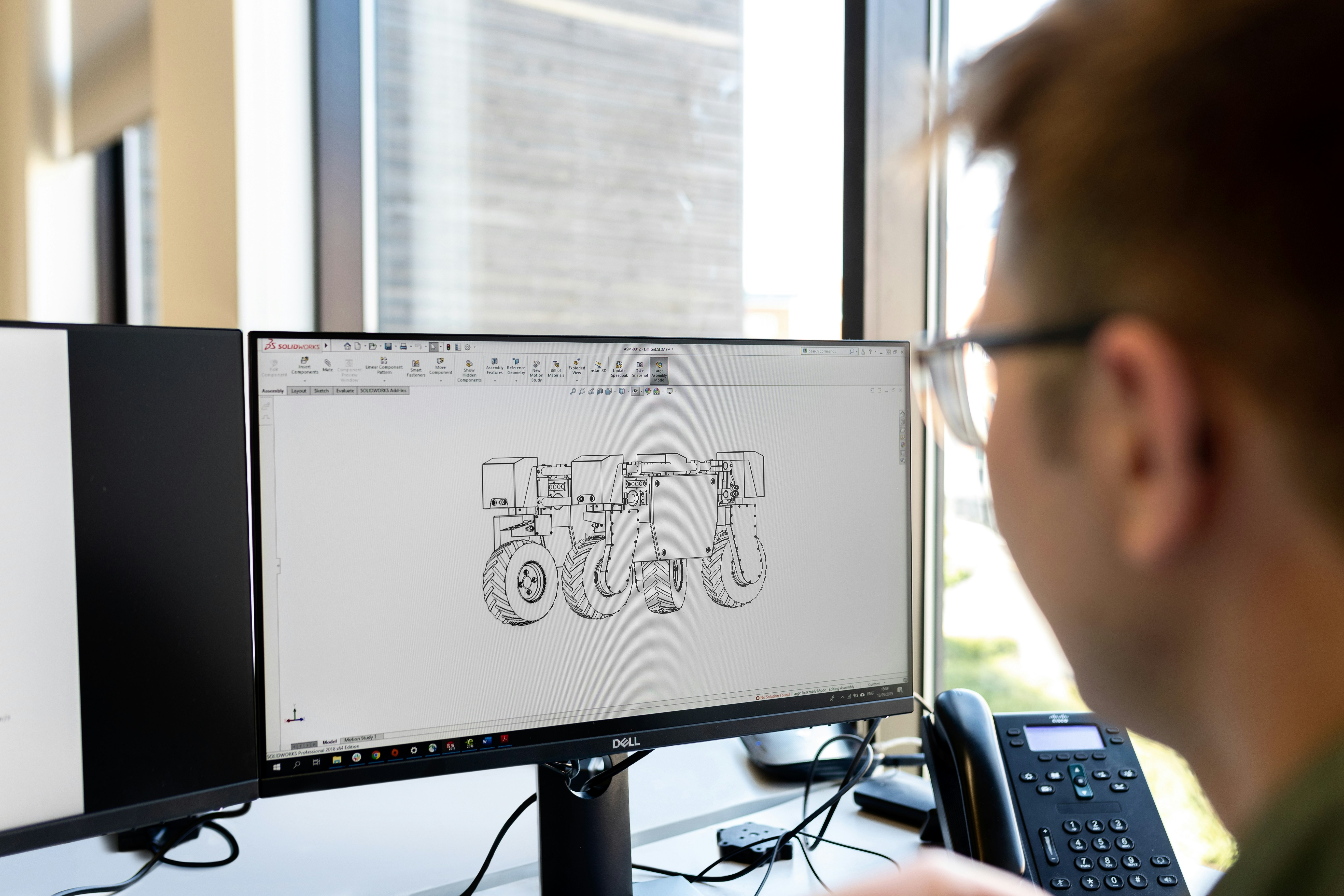Building the Future: The Power of Industrial Automation
Industrial Automation
In the realm of robotics and automation, Industrial Automation refers to transforming traditional manufacturing and construction processes into streamlined, efficient operations. In this article, we’ll explore what Industrial Automation entails, how it differs from traditional automation, its potential effects on various industries, and the benefits and limitations it brings to the table.
What is Industrial Automation?
It’s the use of advanced technologies and robotics to automate industrial processes, such as manufacturing, construction, and logistics, with minimal human intervention. Unlike traditional automation, which typically focuses on repetitive tasks and standalone machines, Industrial Automation integrates interconnected systems and intelligent machines to optimize entire production workflows.
How Does Industrial Automation Differ from Traditional Automation?
While traditional automation focuses on automating specific tasks or machines within a production line, Industrial Automation takes a holistic approach, optimizing entire manufacturing or construction processes from start to finish. It leverages interconnected systems, IoT sensors, and AI algorithms to enable real-time monitoring, predictive maintenance, and data-driven decision-making across the entire production chain.
Potential Effects on Different Industries
Manufacturing: Industrial Automation revolutionizes production processes by enhancing efficiency, reducing costs, and improving product quality. Automated assembly lines equipped with robotics and AI-driven systems enable agile, flexible manufacturing and just-in-time production, meeting changing consumer demands with ease.
Construction: With autonomous robots and advanced machinery revolutionizing tasks such as bricklaying, concrete pouring, and prefabrication. These technologies accelerate project timelines, reduce labor costs, and improve safety, enabling the construction of complex structures with precision and efficiency.
Benefits and Limitations
Benefits:
Increased Efficiency: Streamlines workflows, reduces cycle times, and optimizes resource utilization.
Enhanced Quality: By minimizing human error and variability, Industrial Automation improves product consistency and reliability.
Improved Safety: Automation eliminates hazardous tasks and reduces the risk of workplace accidents.
Scalability: Industrial Automation solutions are scalable and adaptable to changing production demands and business needs.
Limitations:
High Initial Investment: Implementing Industrial Automation requires significant upfront investment in hardware, software, and infrastructure.
Technical Complexity: Industrial Automation systems may be complex to design, implement, and maintain, requiring specialized skills and expertise.
Potential Job Displacement: Automation may lead to job displacement or require workers to adapt to new roles and skill requirements.
Industrial Automation in Action: Hadrian X’s Autonomous Brick-Laying Robot
One compelling example of Industrial Automation in action is Hadrian X’s Autonomous Brick-Laying Robot. This innovative robot exemplifies the transformative potential of automation in the construction industry, enabling the rapid and precise construction of buildings with minimal human intervention.
Equipped with Dynamic Stabilization Technology (DST), Hadrian X can precisely place bricks over long distances, regardless of environmental factors or stabilization obstructions. By leveraging LiDAR technology and advanced algorithms, the robot creates a 3D map of the construction site, generates a CAD model of the building, and autonomously lays bricks with precision and efficiency.
Hadrian X’s use of construction adhesive eliminates the need for traditional mortar, reducing construction time and waste while enhancing structural integrity. With the ability to lay bricks at a rate of 180 bricks per hour, Hadrian X showcases the transformative power of Industrial Automation in revolutionizing the construction industry.
In conclusion, Industrial Automation represents a paradigm shift offering unprecedented levels of efficiency, quality, and safety. While the adoption of Industrial Automation presents challenges, the potential benefits can outweigh the limitations, paving the way for a future where technology enhances human capabilities and drives innovation across industries.
Reference: https://www.linkedin.com/company/fbr-ltd/




